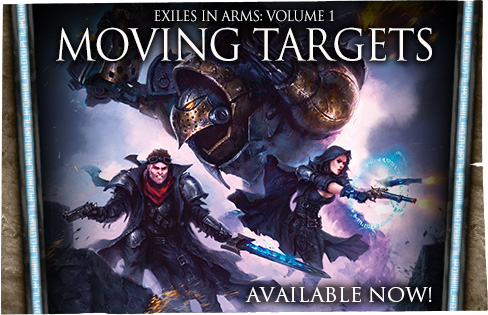Recently, I decided to pick up an ebook. It was from the newly created online publishing arm from the same company that gave us the Warmachine miniatures game. I happen to like the setting, and the story featured two of my favourite characters. It wasn’t a good book, but it did get me thinking about how we perceive reading.
Continues after the break.
The issue of literacy and number of books the public reads comes up every few years, particularly when it’s a slow news day and important people need something to look concerned about. The Borneo Post had one not too long ago. In the age of cyberspace, using this metric to judge the quality of the public feels a little dated.
Many decades ago, print was the only way to communicate ideas. Simple opinions could find their way into magazines or newspapers, while books contained much more substance. Entertainment was in the same boat. You either had the imagination to enjoy a good book, or you went outside to throw rocks at squirrels (both have their own tangible merits).
In such a society, quantifying the amount read could indeed provide a rough indication of the quality of the population. Although, these studies rarely differentiate between a work of literary acclaim and a steaming pile of random words strung together.

Civilisation doesn’t work the same way anymore. Channels of communication have expanded to the point where we rarely have the need to pick up a physical book. Glancing at the studies done on Malaysian reading habits, one goes to notice that leisure time spent surfing the internet and reading are kept separate. Granted that both those studies were done almost a decade ago. Although this later study on reading habits appears to be doing the same thing.
Ladies and Gentlemen of the social sciences faculties, we need to update this outdated definition of reading (while you’re at it, calling it ‘surfing the web’ is just too general for something as complex as the internet). The fact that you come to this very website for news, features, and opinions is proof of the paradigm shift. With the current trend, I could have read hundreds of online articles – written by people who are not insane – and still bring down the national average. Despite possibly reading a couple of thousand pages a year.
The idea is to allow both mediums to take equal importance when measuring the literacy of the population. Although, the media should also play their part when reporting on these studies and avoid oversimplifying things for mass consumption. It’s not that hard, just report on online reading statistics.

In any case, more purchases would have followed if not for the fact that most stores don’t sell ebooks to Malaysia. With all the fuss about reading more, you would think that our government would do more to promote the sale of electronic books.
It would also be nice to see the Kindle in stores.
Follow us on Instagram, Facebook, Twitter or Telegram for more updates and breaking news.


